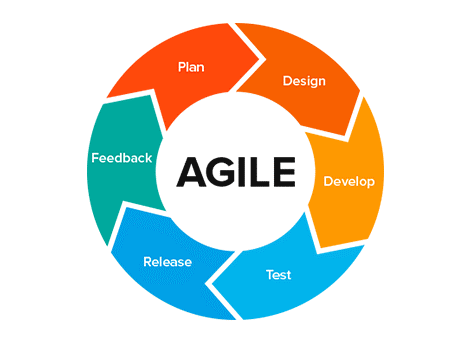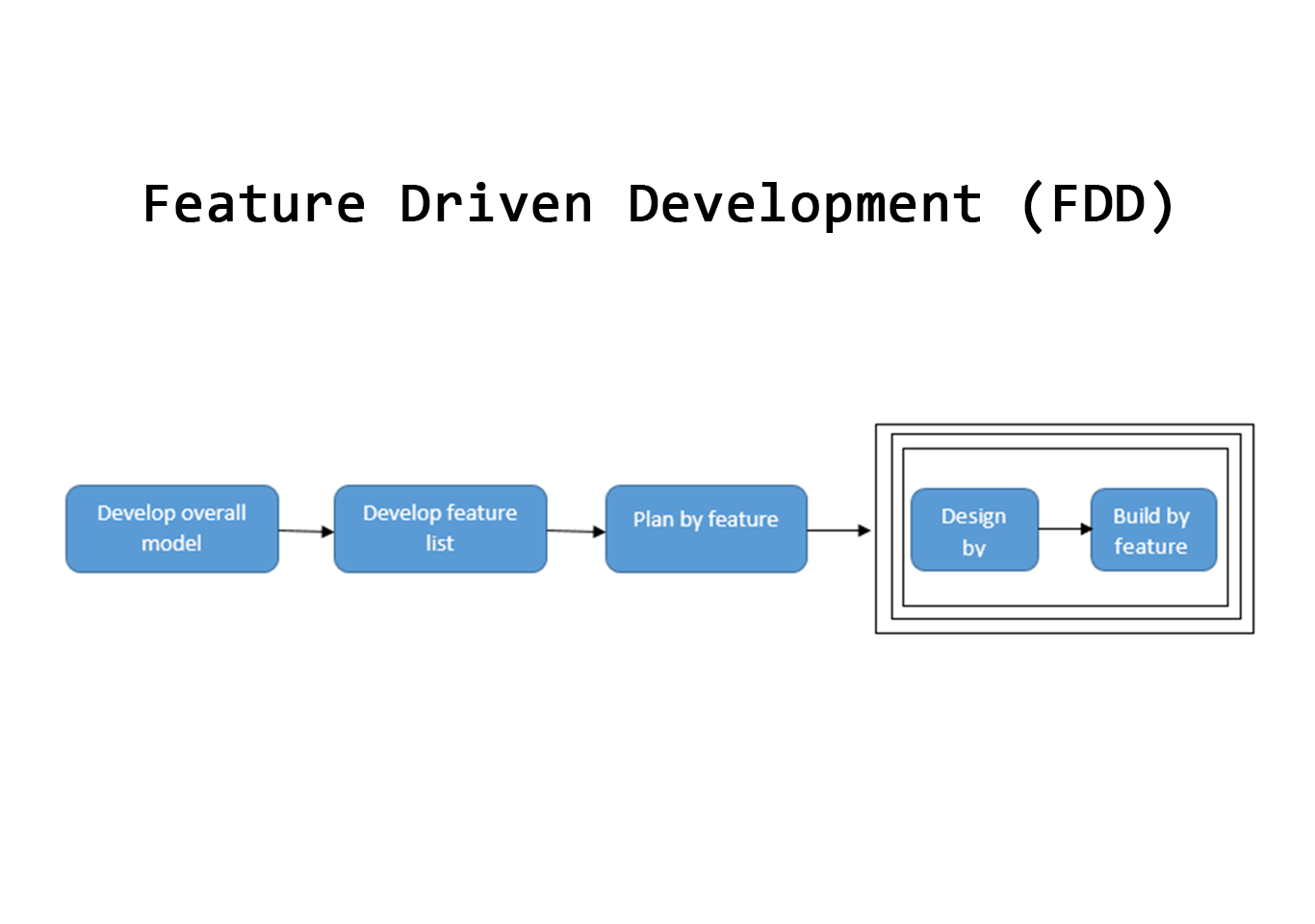A Software House’s Guide To Project Management
A software project is the process of creating a complete software product, from the initial idea to the finished product and beyond such as making improvements. Therefore, software development project management is the oversight and management of a software project to ensure delivered on time and budget while meeting user expectations. The software project manager is the person in charge of making these things happen.
Software project management
Project management can be a significant expense for some organizations but when software projects involve numerous stakeholder’s tasks, and teams and the results impact customers the benefits easily outweigh the risks. A project manager has the power to keep a project on time and within budget more importantly, they can create a relationship between internal stakeholders and clients, improving communication and visibility into projects.
Types of software projects
Software projects can fall into several categories depending on numerous factors, including the intended use of the software, the type of company developing the software, and the type of end-users.
- New software tools developed by existing software vendors or startups.
- Updates, patch fixes, and version releases of an existing software solution.
- Mobile applications.
- Homegrown, internal support software solutions.
Future of software project management
Project managers are facing the challenge of communicating with a remote workforce while also having to worry about robots that will take their jobs. Over the next few project managers experience the effects of digital transformation which will minimize issues that currently cause project delays. Intelligent tools may take on some project management tasks, leaving human project managers to focus on more strategic activities.
Software development project management
Agile
Agile is by far the most popular software development methodology there is. The central points of the Agile method are iterative development and consumer feedback.

Scrum
Scrum is an extension of Agile. It features a distinct system that helps developers approach the development process. The Scrum methodology similarly includes sprint retrospectives, sprint reviews, sprint planning, and daily scrums.
Waterfall
The waterfall methodology emphasizes a linear progression of development. It’s merely a step-by-step process of creating software from planning requirements to deployment. the integrity of this model is also its downfall.
Lean
The Lean methodology stresses the optimization of resources within a business. It stems from an operational thinking strategy that gave its success. The fundamentals of the Lean methodology are to eliminate waste and create value for the customer.
Feature-driven development

Feature-Driven Development is an Agile methodology for developing software. the iterative, incremental, and customer centric. As the name suggests involves developing software based on its features and creating feature specific teams.
Conclusion
A great project management platform makes this so much easier by streamlining the entire development process regardless of chosen project management method and facilitating collaboration while keeping everyone on the same page.








Leave A Comment
You must be logged in to post a comment.